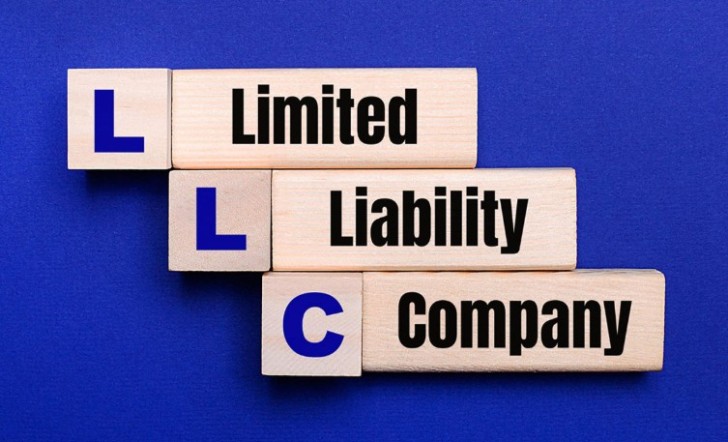Starting your entrepreneurial journey in the Sunshine State is an exciting opportunity. With no personal income tax, a thriving small business environment, and a supportive startup ecosystem, Florida is one of the best places to build a company from the ground up. However, before you can begin operations, you must first secure a business license — a crucial step in starting an LLC in Florida.
Whether you plan to open a boutique, offer consulting services, or start a restaurant business, obtaining the right licenses ensures your company complies with state and local regulations. Here’s a complete guide to help you get started.
1. Understand Why You Need a Business License
Starting an LLC in Florida requires more than just filing paperwork — a business license authorizes you to operate legally within the state. It helps the government track your business for tax purposes, ensures consumer protection, and demonstrates that your company meets all necessary safety and professional standards. For an LLC, this license also supports credibility — building trust among clients, partners, and investors.
2. Register Your LLC in Florida
Before applying for licenses, you’ll need to officially register your LLC with the Florida Department of State. This process includes filing your Articles of Organization, selecting a registered agent, and choosing a unique business name. Once your LLC is approved, you can move on to acquiring the necessary permits and licenses.
If you’re new to business formation, professional filing services like MyCorporation can help you complete these steps quickly and accurately, ensuring your LLC is established correctly from the beginning.
3. Identify the Type of Licenses You Need
In Florida, almost every business — whether home-based or commercial — requires a general business license, often referred to as an occupational license. The type of license you’ll need depends on your business activity and location.
For example, if you plan to start a restaurant business, you’ll need:
- A general business license from your city or county
- Health and food service permits from the Department of Business & Professional Regulation (DBPR)
- Fire and safety permits from the local fire department
- A liquor license if you intend to serve alcohol
Similarly, professional services like real estate, accounting, or contracting require specific licenses through state regulatory boards.
4. Check Local City and County Requirements
Business licensing in Florida operates at both the state and local levels. Each county and city may have its own application process and fee structure. You’ll need to visit your local county tax collector’s office or city clerk’s website to verify local licensing rules.
For instance, if your LLC is based in Miami, Orlando, or Tampa, you must check the local government’s website for details on application forms, fees, and renewal procedures. Not having the proper city or county license can lead to penalties or closure notices, so it’s best to verify requirements early.
5. Gather the Necessary Documents
When applying for your business license, you’ll need to provide several documents, including:
- Your approved Articles of Organization for the LLC
- Federal Employer Identification Number (EIN) from the IRS
- Proof of your business address and lease agreement (if applicable)
- Identification documents of the business owners or members
- Professional certifications (if required by your industry)
Make sure all your paperwork is up to date, as incomplete applications may delay your approval.
6. Apply for the License
You can usually apply for a Florida business license online, by mail, or in person at your local government office. The process involves completing the application form, submitting the necessary documentation, and paying a one-time or annual fee.
Some industries, such as food service or construction, may require inspections before your license is issued. Once your license is approved, display it prominently at your place of business.
7. Maintain Compliance and Renew Annually
After obtaining your license, remember to renew it each year before the expiration date. Renewal fees and deadlines vary depending on your county and business type. Keeping your business license active is essential to avoid fines and interruptions in your operations.
Additionally, LLCs in Florida are required to file an Annual Report with the Department of State to keep their registration active.
Conclusion
Obtaining a business license may seem like a formality, but it’s an essential step in establishing a legitimate and trustworthy enterprise. Whether you’re starting an LLC in Florida for e-commerce, consulting, or to start a restaurant business, licensing ensures your operations comply with all state and local laws.
With the right guidance and preparation, the process can be simple and stress-free. Once your licenses are in place, you can confidently open your doors and focus on growing your dream business in one of America’s most business-friendly states.
 Editorial staff
Editorial staff

 Editorial staff
Editorial staff


